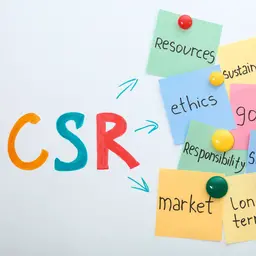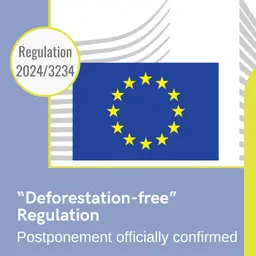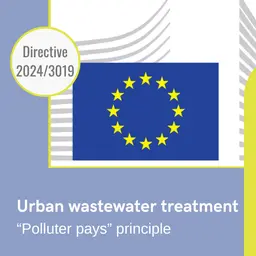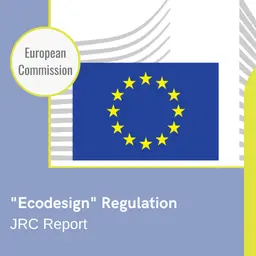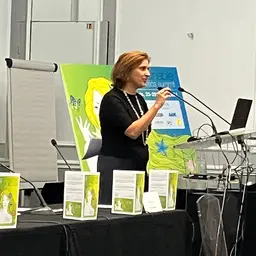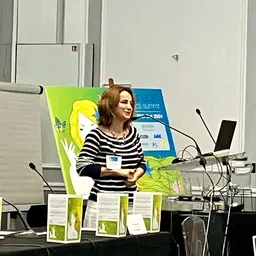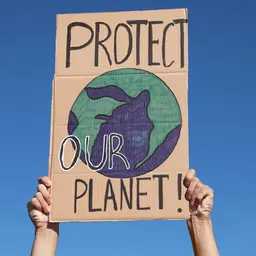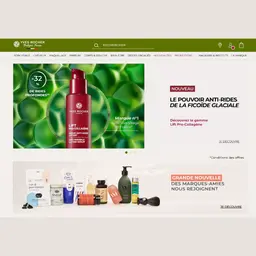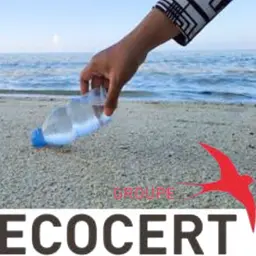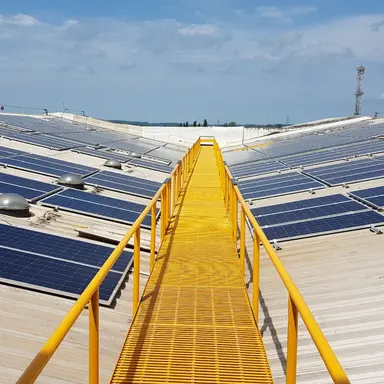
Committed to the environment, the group is multiplying its actions to limit the impact of its activities on the planet. The company has just unveiled its Compass model, which aims to be as virtuous as possible throughout the value chain.
In concrete terms, the group intends to reduce its greenhouse gas emissions as much as possible and achieve neutrality by 2039. Unilever is therefore working to limit transport-related emissions. “We already drive electric vehicles in most of the regions where we operate,” the group explains.
Unilever is working to use 100% renewable energy for all its production sites.
The issue of traceability is also crucial. On this point, the company intends to use artificial intelligence and satellite imagery to better map supply chains. “By providing new information and data, these solutions allow us to predict where forests are at risk of deforestation, so we can take proactive measures to protect ecosystems and livelihoods.”
Unilever wants to work more “virtuously” with its partners. In concrete terms, this means working with farmers to introduce regenerative cropping practices, such as the use of green manures, to help protect and replenish the soil.
“Temperature change, nature degradation, biodiversity decline, water scarcity… all these problems are interconnected and we need to address them simultaneously. In doing so, we must recognize that the climate crisis is not only an environmental emergency, but also has a terrible impact on lives and livelihoods. We therefore have a responsibility …

